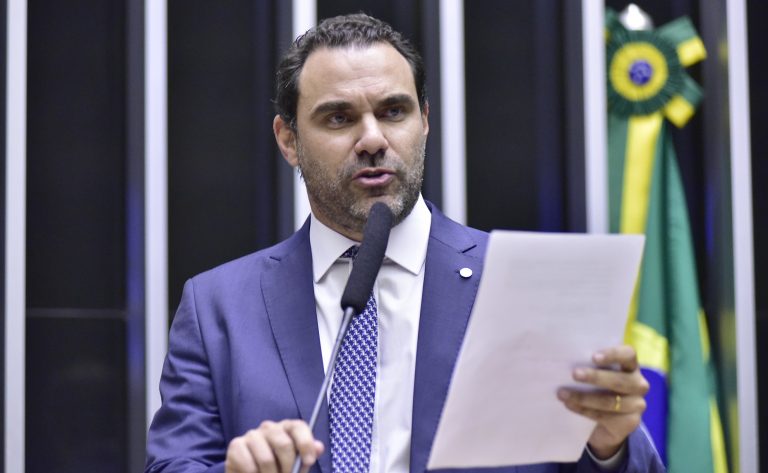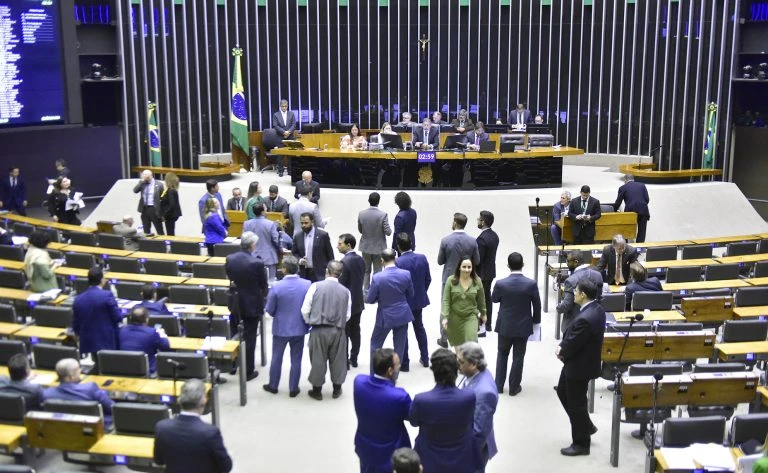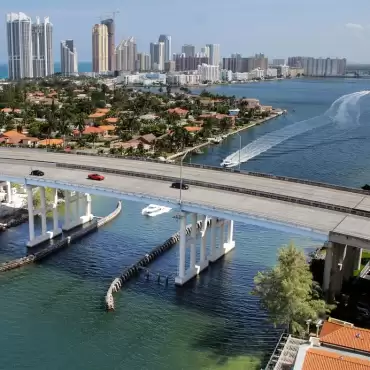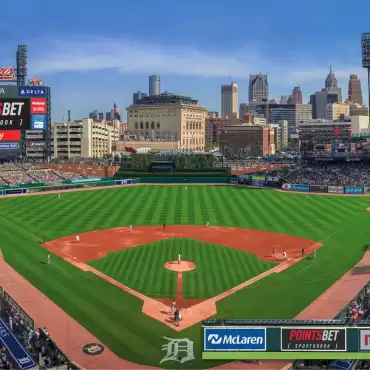Brazil’s Chamber of Deputies has approved the government’s gambling bill, which regulates both sports betting and online casino.
The passage of the bill marks one of the final hurdles in the long journey to regulate online gambling in Brazil, the 10th largest economy in the world.
Bill 3,626/23 – which will replace the provisional measure (PM) president Luiz Inácio Lula da Silva issued in July – was amended several times from the original bill that the rapporteur, deputy Adolfo Viana, presented yesterday.
However, the bill still legalises online casino in addition to sports betting. Betting on fantasy sports will remain illegal due to a specific exemption from the new rules.

The bill will now head to the Federal Senate, which has 45 days to comment on the bill.
Foreign operators barred from licensing
Unlike the PM, the proposed law excludes foreign companies from offering regulated gambling. Only businesses incorporated under Brazilian legislation, with headquarters and administration in the country will be able to operate.
It is unclear how much of a barrier this will be to foreign operators in practice. It may be the case that operators will need to enter the country through a local hero or other subsidiary to comply with the requirements.
Operators will also need to have a minimum value of share capital, be a member of a sports integrity body and pass a host of other technical requirements.
Businesses to pay 18% revenue tax
The 18% tax on revenue remains in place. Commentators have highlighted this rises to 31-34% once additional contributions are accounted for.
However, the percentages of the gaming revenue that are allocated to the various causes has been amended from what Viana proposed yesterday.
Now 2%, as opposed to 10% of the revenue will go to social security. Meanwhile 1.82% is earmarked for the Ministry of Education, 6.63% for sport and 5.0% for tourism.
The $R30m (£4.89m/€5.69m/$6.10m) licence fee also stays the same. Each payment grants an operator the right to offer gaming through one betting app, with an additional offering needing another licence. The bill also reduces the licence term from five years to three.
The bill also requires operators to put in place anti-money laundering and counter-terrorist financing policies, procedures and internal controls. Companies must also adhere to safer gambling obligations.
Ban on bonus bets
The proposed law also bars operators from offering bonus bets to customers, even if done as part of a promotion. The bill also prevents businesses from offering any credit lines to bettors.
Under the new rules, companies without a licence are prevented from advertising. The ads that are released must also follow new guidelines. If an ad is found to be in breach of these guidelines, companies, internet service providers and websites must remove it after an order from the ministry of finance.
The bill also prevents an operator’s senior leadership from placing bets. Also barred are regulators, those under 18 and those involved in sporting events.
New payment rules to counter grey market
The bill also includes new payment rules designed to prevent offshore gambling. Only institutions authorised by the Central Bank will be permitted to offering payment services.
A player will only be able to send the money in their betting account to a bank account that has headquarters and administration in Brazil.
Latest step to legal online gambling in Brazil
The passage of the bill marks the latest step in the long journey to regulate gambling in Brazil.
In 2018, the Federal Senate passed Federal Law No 13,756/18, which sought to regulate fixed-odds sports betting.
Following the passage of the law, the government, through the secretariat of evaluation, planning, energy and lottery (SECAP), had four years to develop the regulations.

However, just short of the finishing line, the outgoing president, Jair Messias Bolsonaro, failed to sign-off on the new rules, throwing years of work into doubt.
But after Bolsonaro’s loss in the election, the more industry-friendly Lula took office. After being burned in a 2007 gambling scandal Lula had not been as vocal an industry supporter as he was before.
Despite this, many expected the new leader to regulate sports betting in order to help fund social projects.
He did so in July when his government promulgated the PM that regulated sports betting nationwide. However, for a PM to remain permanent, it must be approved by the country’s Congress within a 120-day period.
The confirmation of the bill by the Chamber of Deputies is an important milestone in this journey. Only passing the Federal Senate now stands in the way of legal online gambling in Brazil.





